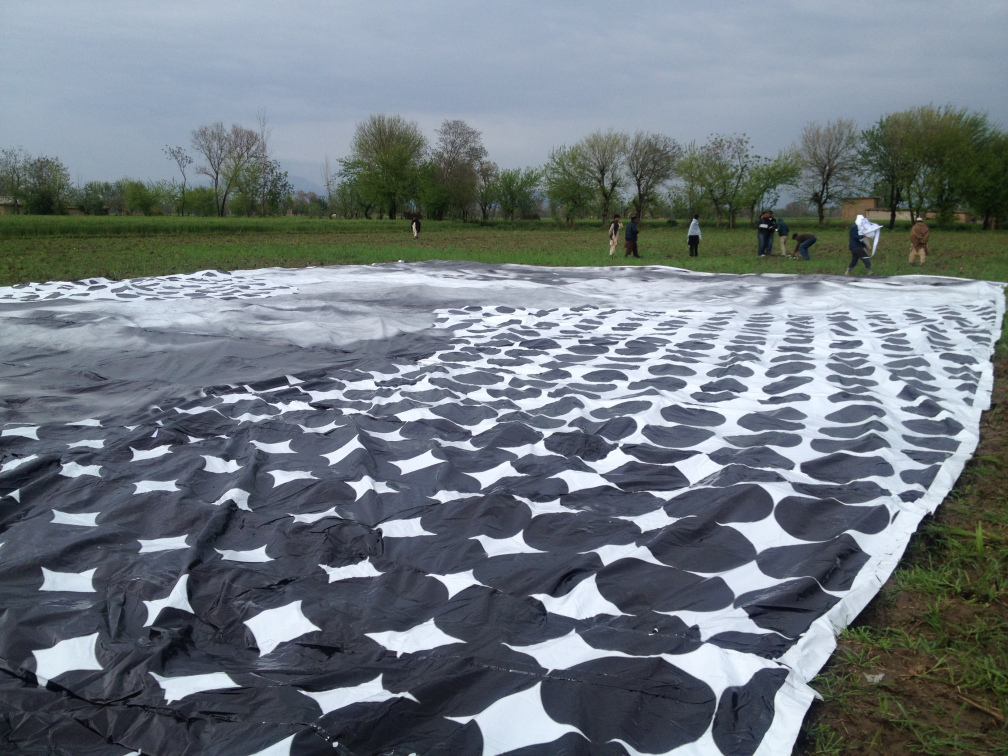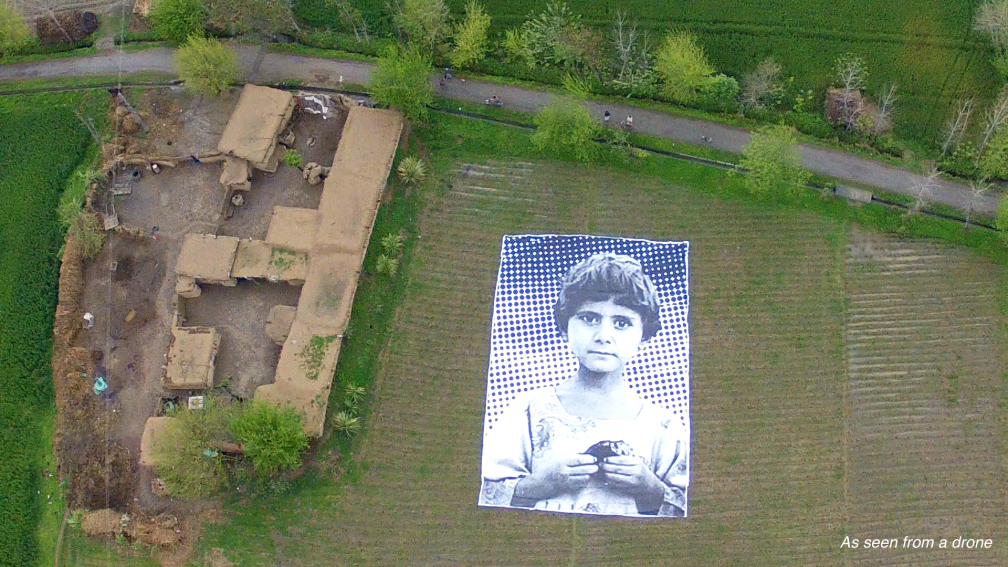“Tu-tu mein-mein” could mean anything, ranging from harmless bickering, to a full-blown altercation. An idiomatic translation to English could be “he said, she said”.
This article is a short reflection of my thoughts, based on a few new things I’ve heard and seen in the past couple of days, specifically in an online class I attend; “Tools and Technology in Art Education”. I wouldn’t say I’m trying to ignite the age old argument of whether technology does more harm than good (or vice-versa). My aim is to share some incidents, generate dialogue, and perhaps gain some clarity on the way.
There are a few reasons why I chose to go back to a some-what great secondary school debate topic. Firstly, I, like many other millennials, don’t feel like I’ve gotten the hang of the speed at which the world familiarizes itself, and adapts, to new technology. Secondly, I live in Pakistan. Things move, and are accepted, at a very different pace in South Asia. Thirdly, I’m an illustrator living in lock-down, and lastly, it sounded like fun. So, let’s begin.
From what I can remember, a trigger statement was made in a class, which led my brain to fall into a pile of questions that HAD to be asked. Now, since these were irrelevant to the topic being discussed at the time, I sat there with an excited and confused face.
As the name of the class suggests, we were discussing a smart, safe and sustainable option of commute via a project called Olli by Local Motors. Here’s a video explaining how Olli, the driver-less vehicle, works:
After watching this video, a student raised a concern about humans losing autonomy and putting their lives into the hands of artificial intelligence. A recent incident was brought up where a Pakistan International Airlines (PIA) passenger plane flying from Lahore crashed into a residential area of Karachi, killing around 76 people, on May 22, 2020. Although nothing of the sort has been disclosed, speculations were made about the pilot’s lack of manual control over the aircraft due to dependency on the autopilot feature, which apparently malfunctioned during the course of landing the plane.
My question in this situation is; does anyone have a record of all the times lives were saved because of this feature? Does anyone take into account all the exhausted pilots taking people to their across-the-globe destinations safe and sound because this feature allows them to do so? Human error is a major cause of, if not all, most accidents. Question still remains, can a comparison be made of air travel safety before and after the introduction of autopilot?
Another student added that she felt her kids lacked motor skills because they’re so used to automated machinery doing the job for them. This reminded me of an unsuccessful attempt I made at washing a pair of jeans by hand. My mother said, “tumharay haaton mein jaan nai hai?” (Do your hands not have any life in them?). She proceeded to wash them for me, and did so, marvelously.
Now, in this case, I agree that having a skill, in case a technological facility isn’t available, can come in handy. That being said, I still don’t think individuals should face ridicule for taking advantage of technology that exists for the sole purpose of reducing time and effort required to carryout tasks. One might even say that technology does a better job too. I have yet to come across a household in Pakistan that has a dishwasher.
I don’t have enough information or knowledge on the matter, but this particular issue hits close to home, and is often placed in the ‘generation gap’ category. “We did things so differently”. “You haven’t seen struggle”. That’s exactly the point! Why should one thrust struggle upon themselves when a solution has already been designed. It was fascinating to see peers, educators, exhibit hints of detestation towards technology’s offerings; something I can only assume is fear of the unknown.
The class instructor also introduced us to an installation that was design to be captured by satellites so that it can become a permanent mark on digital maps on the internet. Reprieve/Foundation for Fundamental Rights helped launch the project which was released with the hashtag #NotABugSplat

The people who operate drones describe their casualties as “bug splats”, since viewing bodies through grainy-green video images, gives the sense of an insect being crushed. Therefore, the installation—a giant poster—featured a nameless child. The objective was to challenge insensitivity as well as raised awareness of civilian casualties in the heavily bombed region of Khybar Pakhtoon Khwa (KPK).

Much like viewing people die on screens from footage captured by drones, people have put social media on the hot seat and questioned its role in desensitization to hatred, intolerance, and violence.
I find myself constantly reminiscing about my own childhood. Of course, there were acts of violence. Of course, there were child abductions, murders, global conflicts, etc., but they did not seem to consume every waking hour of our daily lives.
Dr. Michael Pittaro
My question to Dr. Pittaro would be whether he’d be okay with leading an oblivious life if he parted ways with bombardment of information, thanks to advanced communication streams. My question to everyone else would be: Do we not prefer having the option of gathering (and disseminating) information quicker than finding out a month too late, from a distant aunt? Why do we forget that viewing this information is an option.
Slavery wasn’t something an emotionally and psychologically sensitive person would be okay with, yet that took place for centuries, with no social media in sight. This takes me back to the dishwasher, and not having seen one in a Pakistani household. Euromonitor, an organization that does market research on demographics trends and consumer lifestyle, reports that “Automatic dishwashing looks set to remain a negligible category in Pakistan over the forecast period. The possession rate for dishwashers in the country is very low, as many mid-to-high-income households employ maids to wash dishes and carry out other cleaning chores.”
I personally believe that maids are contemporary forms of slaves. Throughout Pakistan, employers forcibly extract labor from adults and children, restrict their freedom of movement, and deny them the right to negotiate the terms of their employment. Social media didn’t do that.
Technology is available and advancing everyday. It gives us tools. If used correctly, tools can help us build. If used incorrectly, tools can hurt you and people around you. We, as humans, need to make that choice for ourselves.

